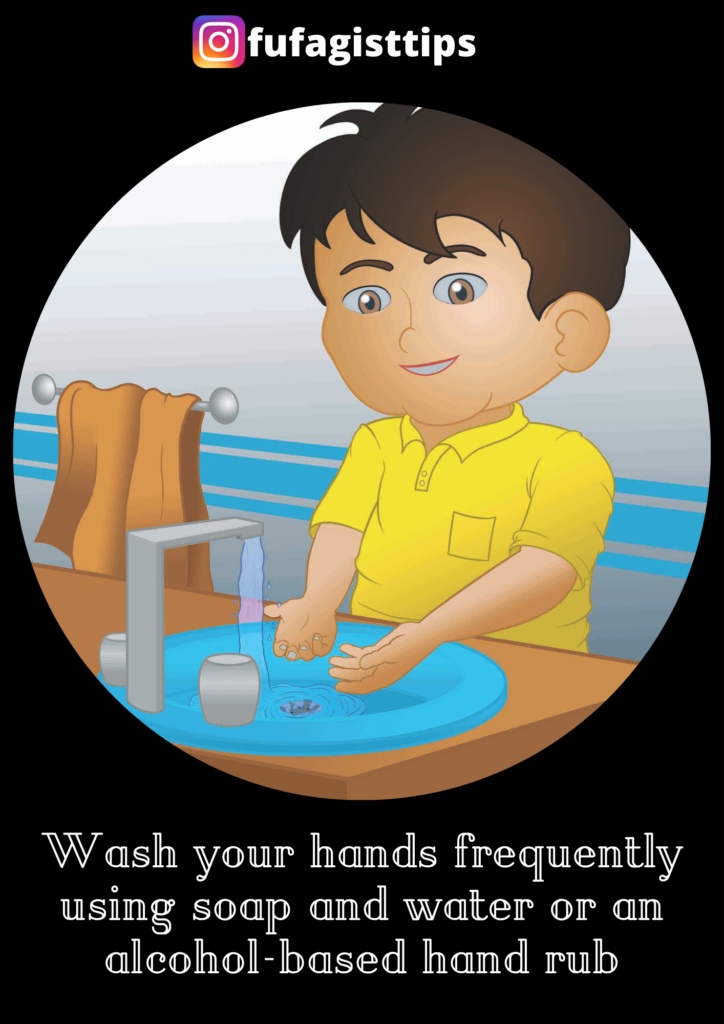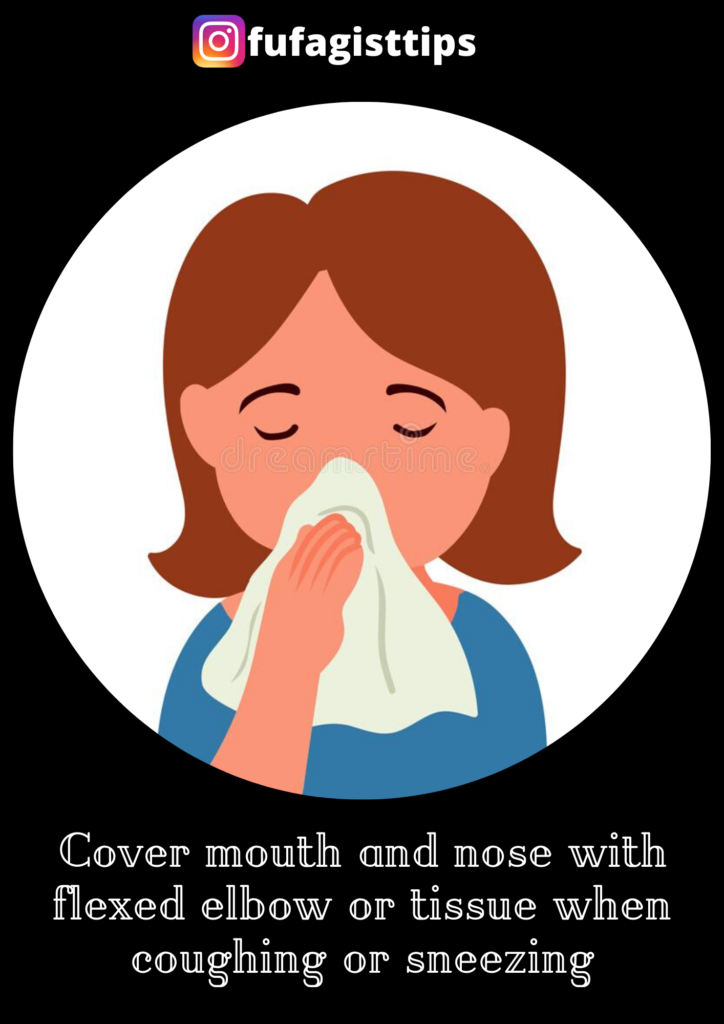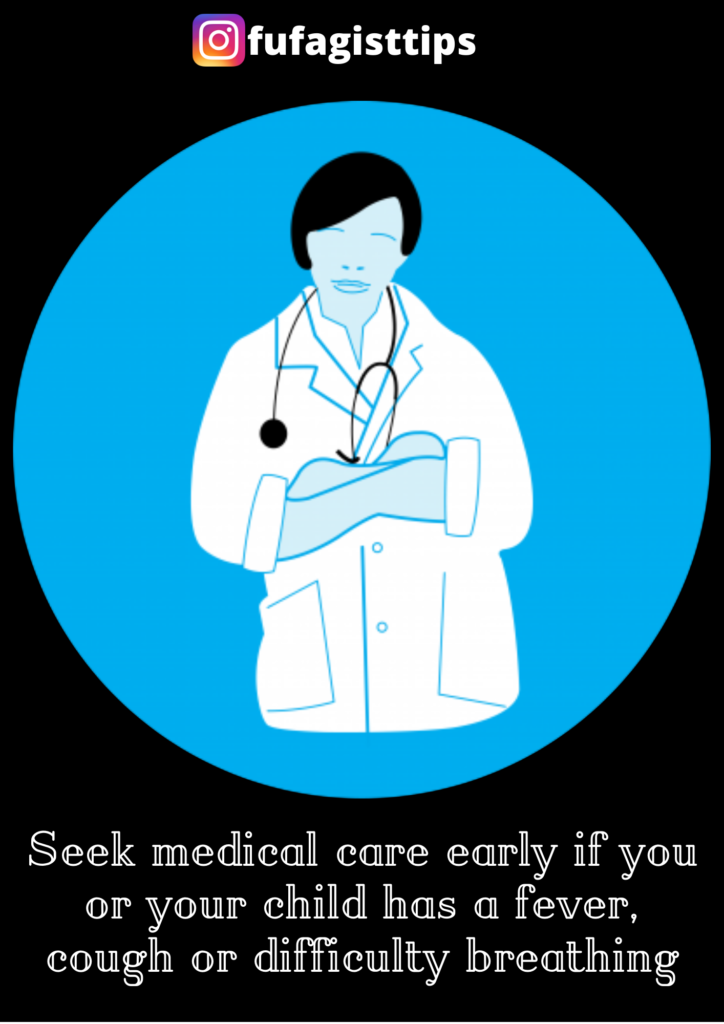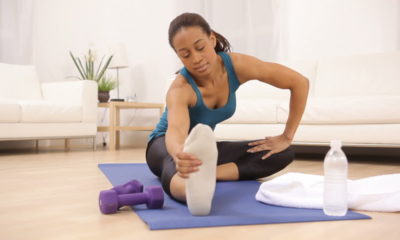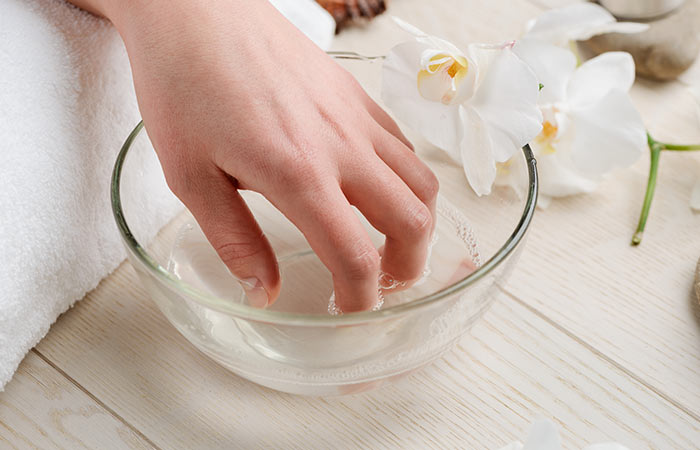FAMILY & KIDS
Children’s Level Of Risk For Coronavirus And What parents should know

The new coronavirus SARS-CoV-2, which causes the disease COVID-19, has infected nearly 90,000 people and caused more than 3,000 deaths so far. Parents are understandably concerned. But it’s important to keep in mind that comparatively few children have tested positive for the virus, and deaths in children are very rare. Before i dive into showing you children risk and what to do to protect them lets have a recap of what coronavirus means
The disease caused by the novel coronavirus first identified in Wuhan, China, has been named coronavirus disease 2019 (COVID-19) – ‘CO’ stands for corona, ‘VI’ for virus, and ‘D’ for disease. This disease was recently confirmed to have entered Nigeria through a foreigner. The virus is transmitted through direct contact with respiratory droplets of an infected person (generated through coughing and sneezing), and touching surfaces contaminated with the virus. The COVID-19 virus may survive on surfaces for several hours, but simple disinfectants can kill it.
Here are four precautions you and your family can take to avoid infection:
So what about children?
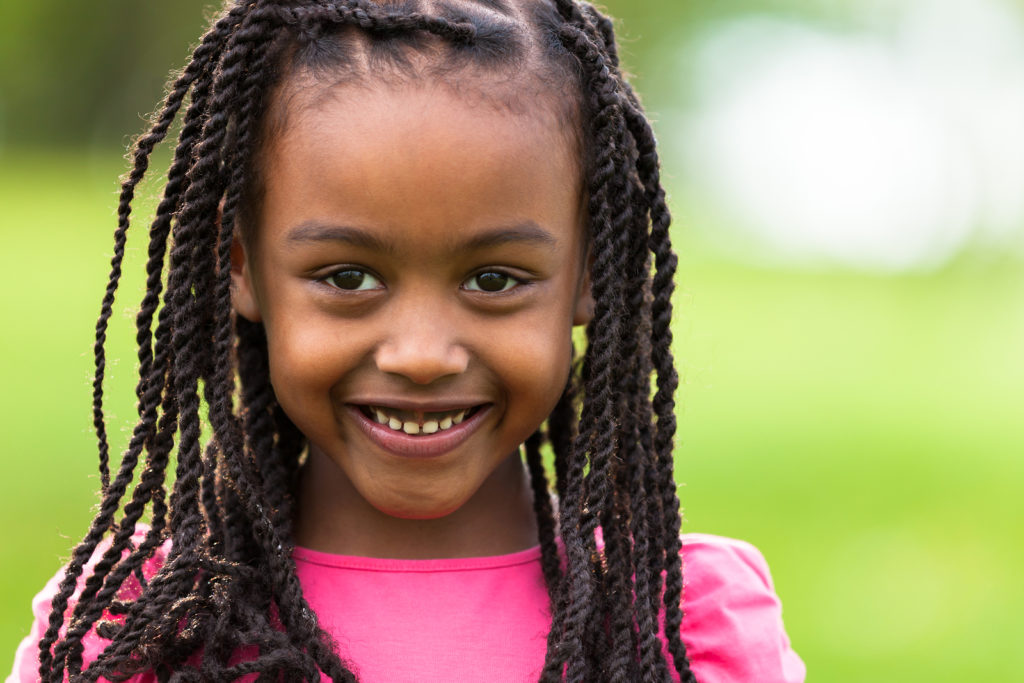
The number of reported COVID-19 cases in children remains low: of more than 44,000 confirmed cases from China, only 416 (less than 1 percent) were aged nine years or younger. No deaths were reported in this age group.
In Australia, only one child has so far had confirmed COVID-19 infection.
It remains unclear whether the low numbers of child infections recorded is due to:
- low numbers of children being exposed to the virus
- low numbers of children being infected, or
- low numbers of infected children developing symptoms severe enough to present for care.
If large numbers of children are not getting sick, why does it matter?
If children are infected yet have milder symptoms, they may still play a critical role in COVID-19 transmission. Children are mobile, shed large volume of virus, congregate in groups and are at lower risk of severe disease so often maintain their daily activities.
What symptoms do children get?
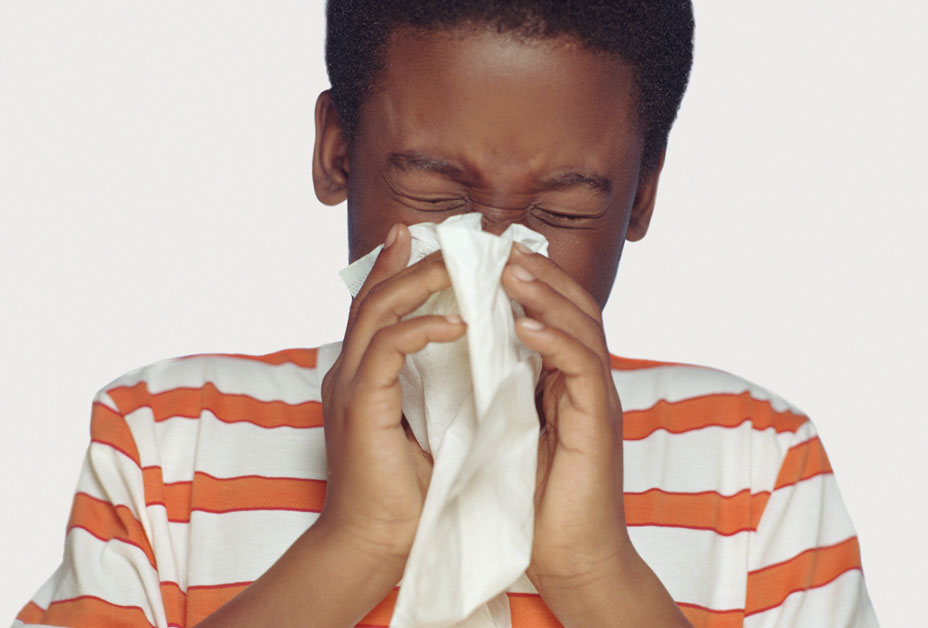
Infected children often have a cough, nasal congestion, runny nose, diarrhoea and a headache. Less than half of the children have a fever. Many have no symptoms.
How can you tell if it’s COVID-19?
Most children with COVID-19 present with respiratory symptoms and/or a cough, which is indistinguishable from other common viruses including influenza and rhinovirus.
But so far, all children with confirmed COVID-19 have had family members or close contacts with confirmed infection.
What should I do if a family member displays symptoms?
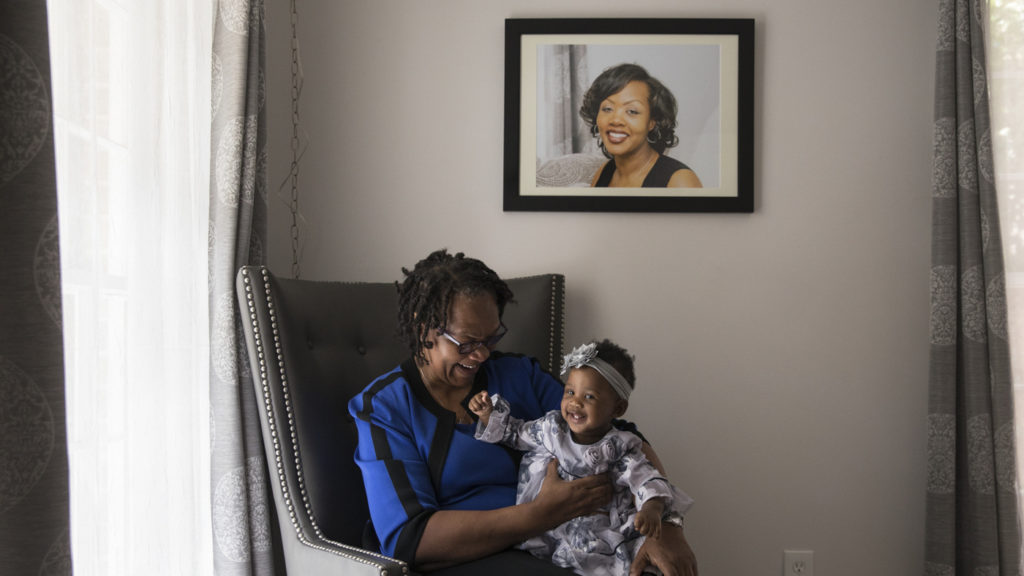
You should seek medical care early if you or your child has a fever, cough or difficulty breathing. Consider calling ahead to tell your health care provider if you have traveled to an area where COVID-19 has been reported, or if you have been in close contact with someone with who has traveled from one of these areas and has respiratory symptoms.
How do I prevent my family from being infected?
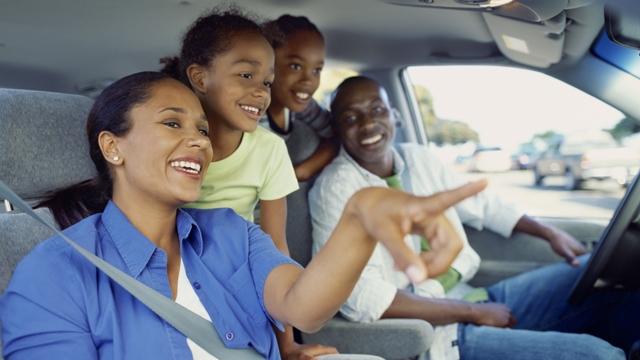
COVID-19 is spread by droplets generated when an infected person coughs or sneezes. Infection can be transmitted if a person touches objects or surfaces that an infected person has coughed and sneezed on and then touches their mouth, nose or face.
The best way to avoid COVID-19 infection (and infection with any other respiratory virus) is by washing your hands with soap and water, using a tissue or the crook of your elbow to cover your mouth when you cough or sneeze and by avoiding close contact with others who are unwell.
Masks in the community are only helpful in preventing people who have COVID-19 disease from spreading it to others. There is little evidence supporting the widespread use of surgical masks in healthy people to prevent transmission in public – and it’s almost impossible to get small kids to consistently wear these.
What precautions should I take for my family if we travel?
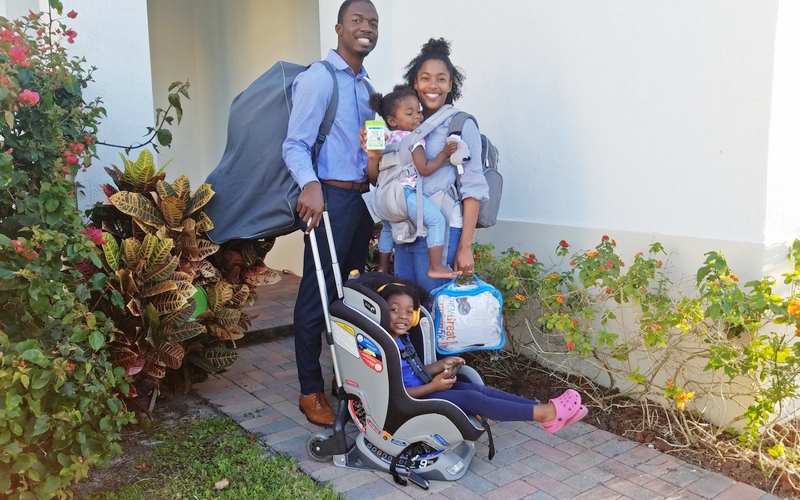
Anyone planning a trip overseas should always check the travel advisory for their destination country for any restrictions on entry, quarantine requirements on entry, or other relevant travel advice.
In addition to taking standard travel precautions, and in order to avoid being quarantined or denied re-entry into your home country, you are also advised to check the latest COVID-19 update on the International Air Transport Association website, which includes a list of countries and restriction measures.
While traveling, all parents should follow standard hygiene measures for themselves and their children: Wash hands frequently or use an alcohol-based sanitizer with at least 60 per cent alcohol, practice good respiratory hygiene (cover your mouth and nose with your bent elbow or tissue when you cough or sneeze and immediately dispose of the used tissue) and avoid close contact with anyone who is coughing or sneezing. In addition, it is recommended that parents always carry a hand sanitizer, pack of disposable tissues, and disinfecting wipes.
Additional recommendations include: Clean your seat, armrest, touchscreen, etc. with a disinfecting wipe once inside an aircraft or other vehicle. Also use a disinfecting wipe to clean key surfaces, doorknobs, remote controls, etc at the hotel or other accommodation where you and your children are staying.
Find Good Deals in Toiletries on Fufatrade.ng
If You enjoyed reading this article please share you might be saving a child. follow us on our social media to stay updated on how to live a healthy life. Thanks for reading.


